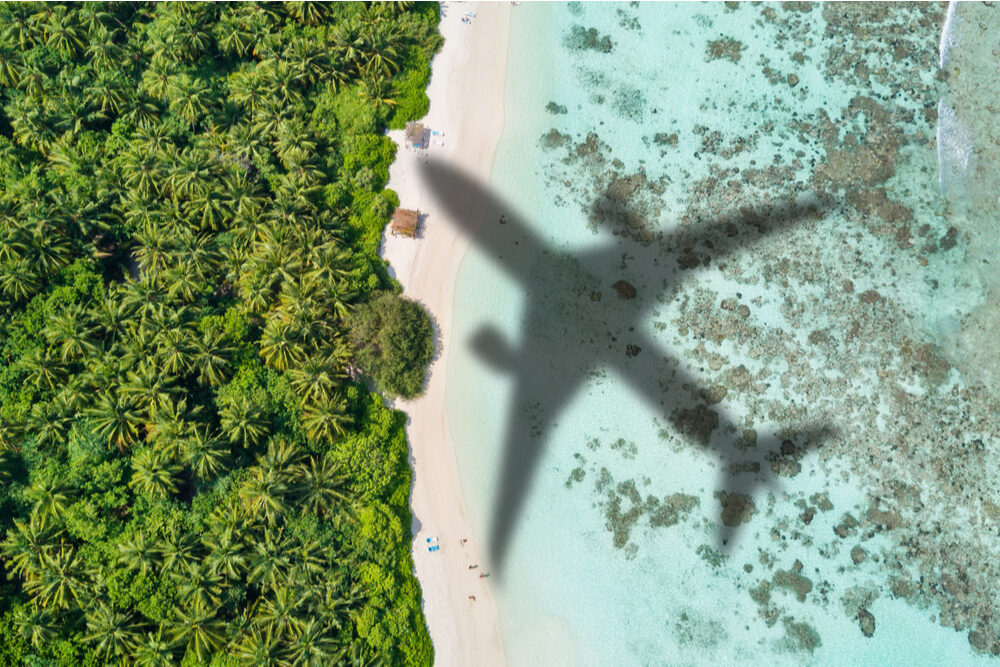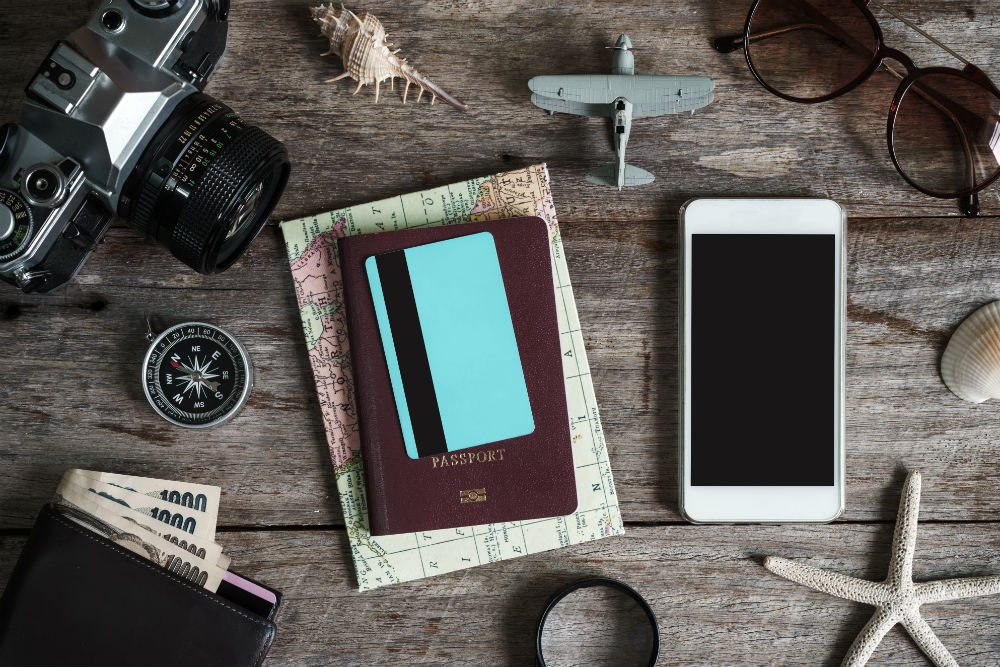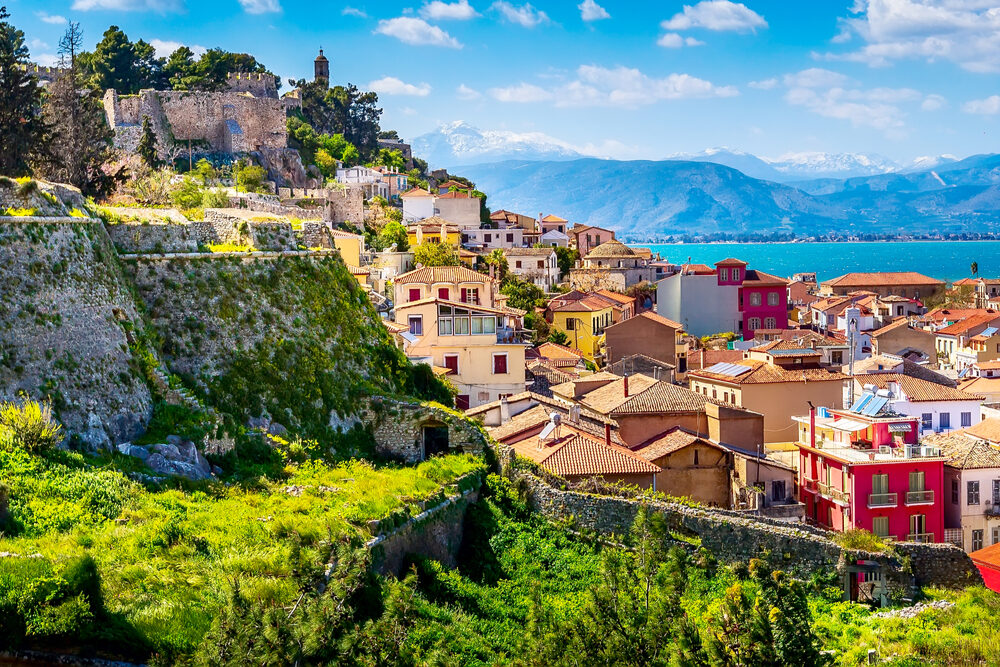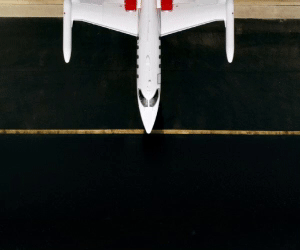When Is the Best Time to Buy Airfare This Year?
 Photo: Shutterstock
Photo: Shutterstock Given the rise in fuel prices that’s happening now, given the surge in people who want to travel this summer, and given the no-fly zone over Russia, when should travelers buy their airline tickets for flights this year? We spoke to two air travel experts to get their insights.
If you’re traveling this summer
“For summer, buy now,” says Brett Snyder, founder of Cranky Concierge, a service that not only helps people find and book the best flight options, but also monitors those flights for schedule changes. “Things are starting to get tight, and it might already be too late for the best availability.”
Savanthi Syth, Global Airlines Analyst for Raymond James Financial, agrees. “If there is no change fee, I think travelers should book tickets now. Fares are likely to remain high for the summer due to strong demand, constrained supply (as airlines make sure they have enough crew to avoid operational issues experienced last year), and fuel likely to remain elevated at least in the near term and possibly longer.”
Snyder is seeing that too. “You are starting to see higher fares, especially in premium cabins,” he says. “The lowest fares are long gone—especially to Europe.”
If you’re traveling this fall or winter
“For the fall and beyond, I would hold off, especially for airlines that have change fees,” Syth says. “If you plan on traveling around Thanksgiving or Christmas, I would recommend booking if you see a good fare, but can probably be patient otherwise. That said, I would not recommend waiting on booking those flights too close in, as demand around peak leisure travel periods has been resilient throughout the pandemic, once travel restrictions were lifted.”
And as Snyder explains, airfare pricing is tied to demand. “Loosely, 100 days before travel is when airlines start to play close attention to demand and set pricing to match.” That means that if you buy a ticket, say, a year in advance, that fare is just a rack rate—and most likely high. “There may be exceptions like on Christmas or Thanksgiving. But for normal travel periods, they just put in high fares.”
So when is the right time? “The answer is always ‘whenever you’re ready’,” says Snyder. “If travelers want the comfort of having it locked in, great for them. Others want to wait to see if it comes down. We just always tell people, if you see a ticket at a price you think is fair, get it. You’re going to spend so much time and energy trying to game the system and get the best deal that it’s often not going to be worth it.”
Not everything is changing, though. “You will continue to see fare sales at certain points, as you have seen in the past (like the end of summer), and I would take advantage of those if you can,” Syth says. “Some airlines are trying to encourage the use of points, so I would recommend checking what it would cost based on dollars or points before booking.”
The benchmarks or flags that travelers should look for
Contrary to what you might think, the red flag is not the increase in fuel prices. It’s the decrease in airlines’ capacity. “Fares don’t move just because gas gets pricey,” Snyder explains. “What changes is the number of seats the airlines put out there. They’ll look at their plan and say, ‘This made sense back when fuel was cheap, but now we need higher fares. We can’t just raise fares, so we’re going to cut back on flights and reduce the number of seats we’re putting out on the market because more people are fighting for fewer seats.’ So if you see them cutting capacity, you can expect higher fares.”
Where will you see it? Right in the news. Alaska and JetBlue both made mainstream headlines when they recently trimmed their flights and routes (and Cranky Concierge’s newsletter also covers those updates).
Will economy fares and premium fares be affected differently?
Syth thinks they are both likely to go up. “However, if there is a strong recovery in business demand, premium fares might go up faster this year,” she says. She notes that during the pandemic some travelers were willing to pay more for that better experience. “So far that seems to be holding, but I am not sure how long that lasts.”
Snyder also wonders about this. “They can raise the price, but if people won’t pay it, it doesn’t matter. Now people are paying more for their gas in cars and more for other goods, so they have less to pay for airfare.”
How international fares are likely to be affected
As both Syth and Snyder point out, fare trends depend on the destination, as well as factors such as how many flights go there, how big those planes are, how many travelers want to travel to go there, and global politics.
“I suspect Latin America will see cheaper fare offerings in the near- to medium-term than the Transatlantic, particularly to South America (although possibly not on U.S. airlines),” says Syth. “Asia will be a bit more mixed. Demand is low, so you would expect good fares, but capacity has also been pared back significantly. Also the Russia-Ukraine conflict has made it difficult for U.S. airlines to serve some South Asian destinations. Here too, it will vary by country.“
That said, both experts say Europe is going to be expensive because everyone wants to travel there. “You have two things going on: You have general demand of everyone wanting to travel, and you also have Asia off limits, so everyone is focusing on Europe,” Snyder says.









